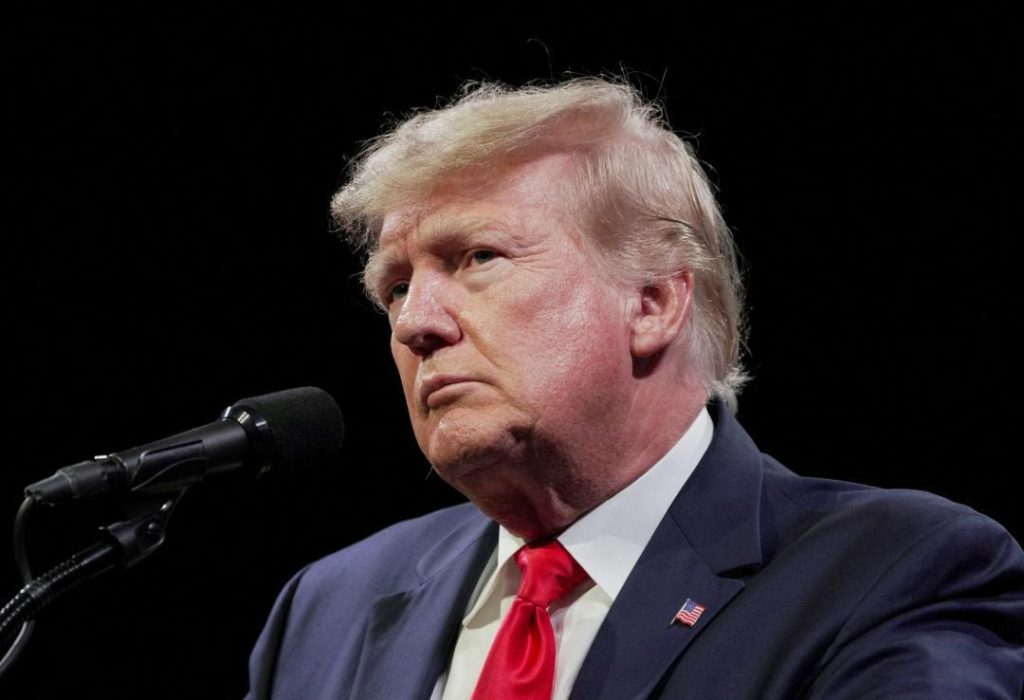
US to declare separate tariffs for exempted electronics, smartphones
In a recent move, the United States Commerce Secretary Howard Lutnick announced on Sunday that the country will impose separate tariffs on exempted electronics, including smartphones, computers, and semiconductors. This decision comes as part of the ongoing trade tensions between the US and China, with the aim of reducing the country’s reliance on China for essential goods.
The news was first reported by Hindustan Times, citing a statement made by Secretary Lutnick. According to the statement, the tariffs will be sector-based, meaning that different electronics products will be subject to different rates of tariffs. This approach is designed to promote domestic production and reduce the country’s dependence on foreign imports.
The move is seen as a significant development in the ongoing trade war between the US and China. The two countries have been engaged in a trade war since 2018, with the US imposing tariffs on a range of Chinese imports, including electronics. China has retaliated by imposing tariffs on US goods, including soybeans and aircraft.
The latest development is likely to have significant implications for the global technology industry. Smartphones, computers, and semiconductors are among the most widely used electronic products in the world, and the US is one of the largest consumers of these products. The imposition of tariffs on these products is likely to increase their cost, which could have a significant impact on the prices of electronic goods in the US.
The decision to impose tariffs on exempted electronics is also likely to have significant implications for the US tech industry. Many US tech companies, including Apple and Google, rely heavily on China for the production of their products. The imposition of tariffs on electronics could lead to a significant increase in production costs for these companies, which could impact their profitability.
Furthermore, the tariffs could also lead to a decrease in the global supply of electronics, which could have a significant impact on the global economy. Electronics are a critical component of many industries, including healthcare, finance, and transportation. A decrease in the global supply of electronics could lead to delays and disruptions in these industries, which could have significant economic and social implications.
Despite the potential implications, Secretary Lutnick remains confident that the tariffs will have a positive impact on the US economy. In his statement, he emphasized the need for the US to promote domestic production and reduce its reliance on foreign imports.
“We can’t be relying on China for fundamental things that we need: our medicines and our semiconductors need to be built in America,” he stated.
The tariffs are expected to be announced in approximately a month, and it is unclear what the exact rates will be. However, it is likely that the tariffs will be significant, particularly for high-tech electronics products.
The news has been met with a mixed reaction from the tech industry. Some companies, such as Apple and Google, have expressed concerns about the potential impact of the tariffs on their businesses. However, others, such as Foxconn and Dell, have welcomed the move, citing the potential benefits for domestic production.
In conclusion, the US decision to impose separate tariffs on exempted electronics, including smartphones, computers, and semiconductors, is a significant development in the ongoing trade war between the US and China. The move is designed to promote domestic production and reduce the country’s reliance on foreign imports, and it is likely to have significant implications for the global technology industry. While the exact rates of the tariffs are still unknown, it is clear that the decision will have a significant impact on the US economy and the global technology industry.




